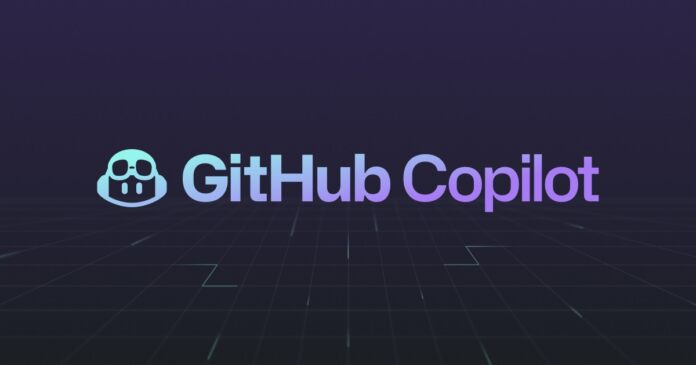GitHub, Microsoft, and OpenAI have been denied dismissal of two claims in an ongoing lawsuit challenging the legality of GitHub Copilot and its underlying OpenAI Codex model. The lawsuit, filed in November, alleges copyright infringement, contract violations, and other legal breaches resulting from the use of public source code in the development of Copilot and OpenAI Codex. While some claims were dismissed, the judge’s ruling leaves the most significant aspects of the case intact, signaling a potential legal battle ahead.
The judge overseeing the case, US District Judge Jon Tigar in Northern California, rejected the defense’s motion to dismiss the plaintiffs’ claim that Codex’s ability to reproduce code constitutes a breach of software licensing terms. The defense’s effort to dismiss a claim under the Digital Millennium Copyright Act (DMCA) that Copilot and Codex reproduce copyrighted code without required copyright management information was also denied. These two claims, deemed viable by the judge, ensure that the lawsuit will proceed with allegations of copyright violation.
However, the judge dismissed several other aspects of the complaint, including civil conspiracy allegations and the demand for declaratory relief. The dismissal was made with prejudice, meaning these charges cannot be amended and refiled. The judge also dismissed claims related to DMCA violations, contract interference, fraud, false designation of origin, unjust enrichment, unfair competition, breach of privacy policy and terms of service, violation of the California Consumer Privacy Act, and negligence. These claims, though dismissed, may be amended and refiled with more substantial supporting evidence.
Lawsuit against GitHub Copilot Moves Forward
The dismissal of certain claims highlights the need for a more detailed and well-supported complaint from the plaintiffs. Specifically, the judge stated that the plaintiffs must identify specific instances of their code reproduced by Copilot or Codex to strengthen their property rights claim. This requirement poses a challenge for the plaintiffs, but if they can present evidence of their code being reproduced, it would significantly impact the defendants’ position.
Moreover, the judge rejected the defense’s argument that the plaintiffs should not be allowed to proceed anonymously based on death threats sent to their counsel. The judge questioned the defense’s reasoning, emphasizing that the rise of internet trolls does not invalidate the plaintiffs’ fears of harm.
Claims of Copyright Violation
The lawsuit raises concerns about the use of open-source code without explicit permission or adherence to licensing terms. The outcome of this legal battle will likely have implications for the future of AI-assisted programming tools and the rights of developers whose code is used in training models. As the case continues, legal experts anticipate further debate regarding fair use, copyright infringement, and the responsibilities of technology companies in respecting open-source licenses.
GitHub, Microsoft, and OpenAI have expressed their commitment to innovating responsibly and advocating for the future of AI-powered developer experiences. However, critics argue that the current implementation of Copilot poses risks to the open-source community. The outcome of this lawsuit could shape the relationship between AI, software development, and copyright law.




